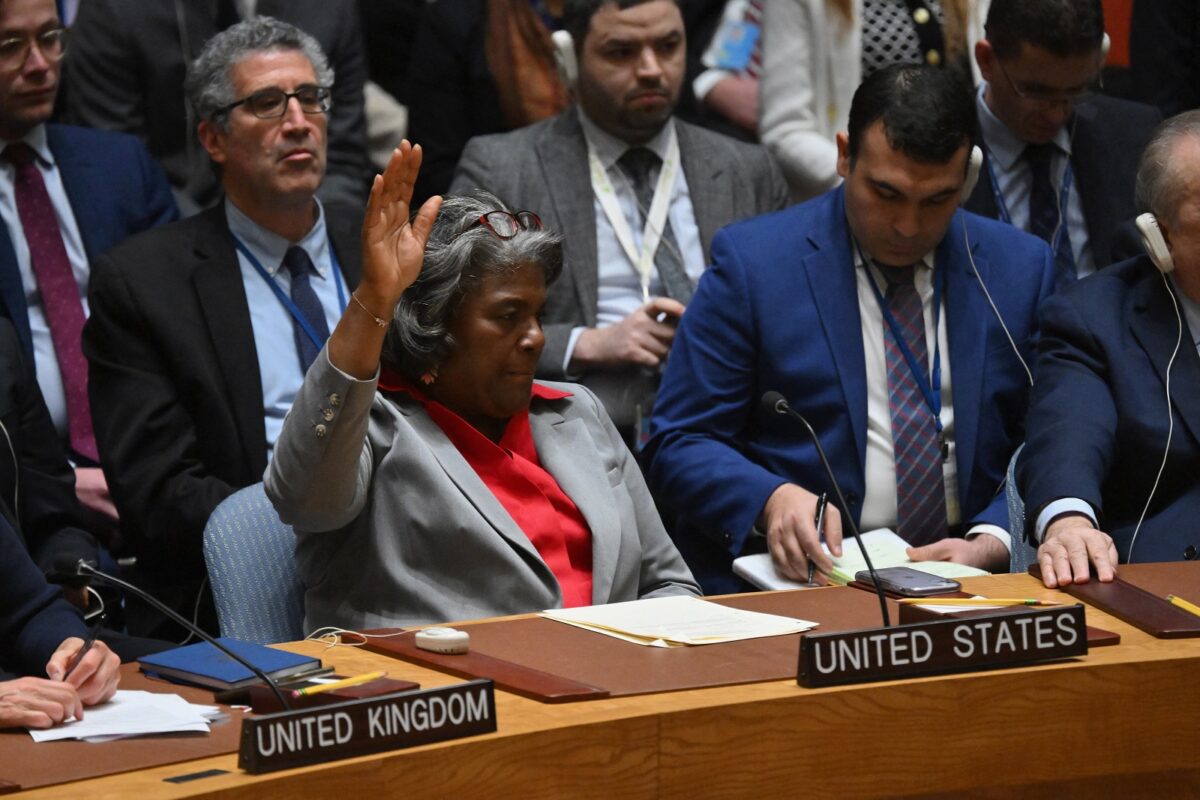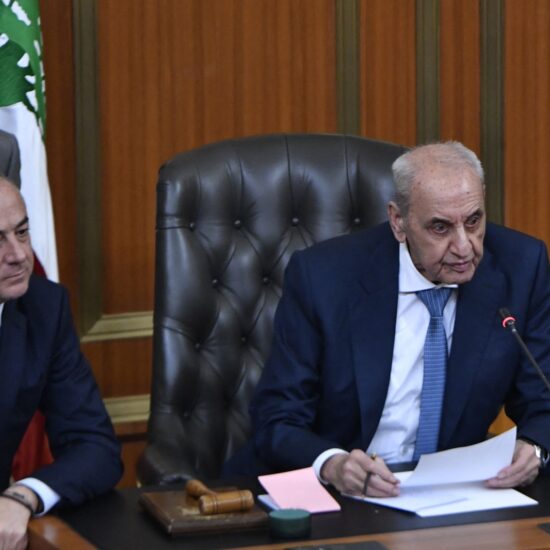
Exploring the critical yet contested role of the United Nations in global governance amid a backdrop of complex international conflicts and crises.
In the grand theater of global politics, where the drama of diplomacy, conflict, and humanitarian crises unfolds daily, the United Nations stands as a colossal yet enigmatic protagonist. Its emblematic blue flags wave not just over peaceful negotiations and humanitarian missions but also, paradoxically, over scenes of unresolved conflicts and unfulfilled resolutions. This duality raises a pressing, almost provocative question, one that journalist Matt Lee recently posed to US State Department Spokesman Matthew Miller: “What the hell is the point of the UN?”
In a world marred by conflict, the effectiveness of the United Nations is frequently scrutinized. From Syria’s war-torn landscapes, which have witnessed the tragic loss of over half a million lives, to the ongoing turmoil in Ukraine, claiming hundreds of thousands; from the relentless bombardment in Gaza with a death toll in the tens of thousands, to the devastating conflict in Sudan almost mirroring Gaza’s grim fatalities; and the violent campaigns led by Boko Haram in Nigeria, resulting in the deaths of over 60,000 Christians—these situations not only highlight the complexity of global conflicts but also call into question the capacity of international mechanisms to foster peace and security. Each instance underscores a dire need for effective global governance, reflecting both on the monumental challenges faced by the UN and the critical importance of its mission to promote peace and protect human rights. Critics often point out that for an organization established to champion world peace, the persistence of intractable conflicts, unenforced resolutions, and marginalized voices raises significant concerns. Yet, to dismiss the United Nations outright is to overlook the complexity and essential role it plays in international governance.
Limitations and Obstacles
At the heart of the UN’s limitations is the Security Council’s veto power, a double-edged sword that, while designed to prevent rash decisions by ensuring consensus among major powers, often results in paralysis. The veto power allows any of the five permanent members (the United States, the United Kingdom, France, Russia, and China) to block any substantive resolution, regardless of its support from other member states or the global community. This mechanism can stall decisive actions, leaving the UN at a standstill even in the face of glaring humanitarian crises or clear violations of international law.
Geopolitical interests further complicate the picture. The alignment or clash of these interests among member states can lead to deadlocks, diluting the UN’s capacity for swift and effective response to international emergencies. These dynamics underscore a system where power politics can overshadow the collective interest, making the pursuit of consensus a Sisyphean task.
Enforcement of Resolutions
The enforcement of UN resolutions illustrates another critical challenge. There are numerous instances where resolutions, despite being passed with majority support, have languished without implementation. The reasons can vary: lack of political will, insufficient resources, or the complexities of international law enforcement. This gap between the legislative and the executive, between resolutions and their realization, undermines the credibility of the UN and prolongs conflicts, allowing situations to deteriorate further under the shadow of unenforced international mandates.
Bias and Inequality
The issue of bias and inequality within the UN paints a picture of an institution where the scales of influence are tipped in favor of more powerful countries. This imbalance manifests in various forms, from the allocation of funding to the prioritization of issues on the international agenda. Smaller or less influential member states often find their concerns marginalized, their voices drowned out by the geopolitical and economic clout of larger powers.
These criticisms, while pointing to significant flaws within the UN system, also reflect the inherent difficulties of managing an organization tasked with addressing the world’s most intractable problems. Additionally, they fail to acknowledge the importance of the institution despite those limitations.
Peacekeeping and Mediation
The UN’s peacekeeping missions have been instrumental in mitigating conflicts and promoting peace in troubled regions around the globe, with operations spanning continents from Africa to Asia. Notably, successful interventions in places like Liberia and Sierra Leone have showcased the UN’s ability to help countries transition from war to peace, underscoring its vital role in conflict mediation and the stabilization of post-conflict societies.
Humanitarian Assistance
In the face of disasters and conflicts, the UN, through its specialized agencies like the WFP, UNICEF, and the UNHCR, delivers critical humanitarian aid to millions of people in need. This assistance ranges from food and medical supplies to shelter and education services, illustrating the UN’s central role in coordinating global efforts, making it an indispensable actor in the global humanitarian landscape.
Setting Global Standards
One of the UN’s most enduring legacies is its role in establishing international laws and norms. From the Universal Declaration of Human Rights to the Paris Agreement on climate change, the UN has been at the forefront of codifying global standards that promote peace, justice, environmental protection, and human rights.
The Alternative
Now imagine, for a moment, a world devoid of the United Nations—a world where international diplomacy and cooperation unravels, leaving behind a fragmented complexity of nations each pursuing its agenda in isolation. The absence of a centralized body to mediate conflicts could lead to an escalation of disputes, with no impartial arbitrator to guide the path to resolution. The provision of humanitarian aid would likely become a disjointed effort.
In such a world, the pursuit of global development goals would rely on individual efforts, lacking the harmony brought by the UN’s orchestration. The void left by the UN’s absence would impede progress towards a more equitable and sustainable future.
In essence, while the UN may grapple with its share of flaws and criticisms, the value it brings to the global table is irreplaceable. The United Nations matters because it stands as the bulwark against a world fragmented by unilateralism, a champion of the idea that, together, despite all biases and limitations, nations can do better.
Ramzi Abou Ismail is a political psychologist and researcher at the University of Kent.
The views in this story reflect those of the author alone and do not necessarily reflect the beliefs of NOW.








